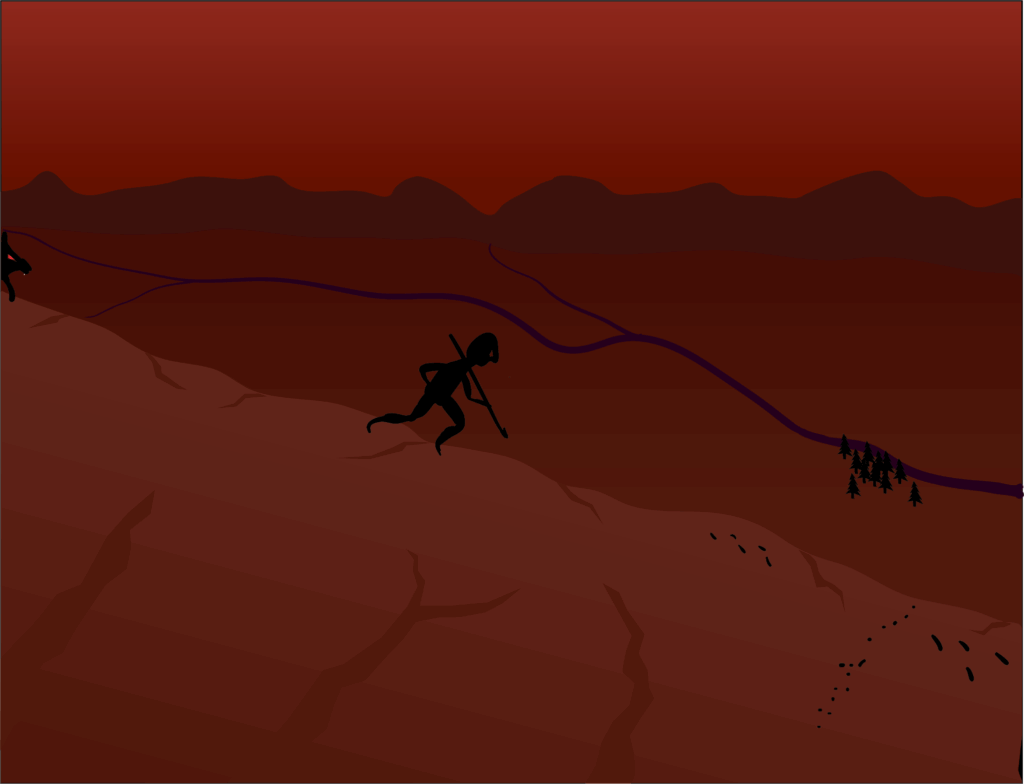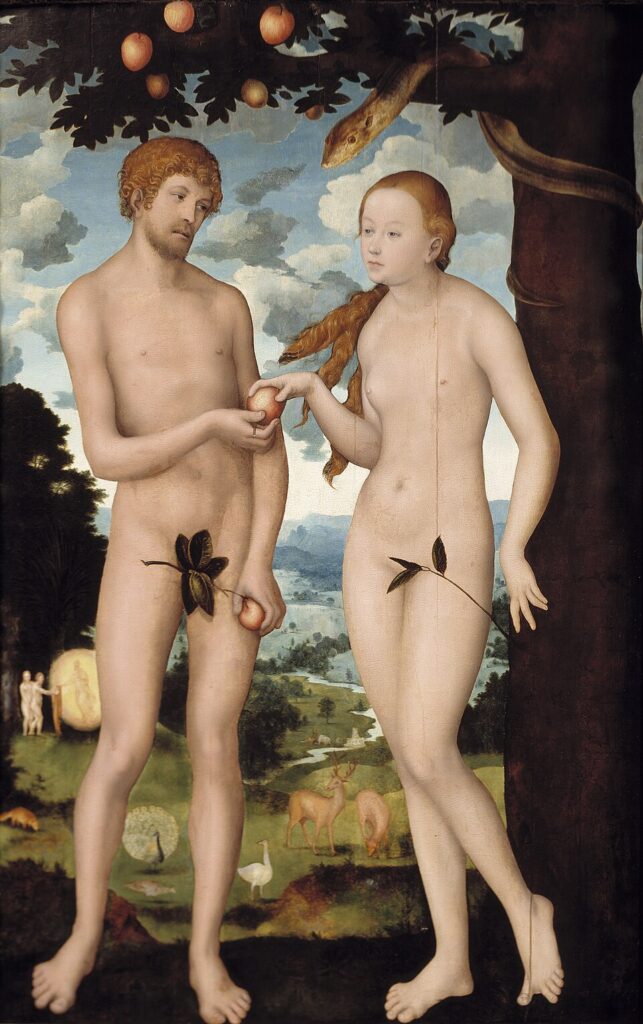A while back, I shared an arc of discovery involving key books that had significant influence on my perspectives. This post serves as an update, mainly covering six books I read (and/or listened to) over the summer. Loosely speaking, the theme revolved around gaining a better anthropological sense of who we really are as a species.
I’ll first offer a few preliminaries. As is obvious from previous posts, I benefitted greatly from Daniel Quinn’s writings, reflected in my recent summaries of Ishmael, The Story of B, and My Ishmael. I also found value in Quinn’s Providence (the story behind Ishmael), Tales of Adam, and Beyond Civilization. I should clarify that being appreciative of key insights is not the same as being an unwavering adherent or disciple.
Next, I’ll repeat admiration for The Master and His Emissary, by Iain McGilchrist, which still exerts a substantial influence on how I perceive cognition in its various forms (and especially its limitations). I may dedicate a post to this book at some future time.
Finally, I should acknowledge The Dawn of Everything for its formative role in much the same way that my parents were formative influences: their example taught me how not to be, in many respects. My net-negative review of DoE tells this story well enough.
Now onto the Summer Six…
Continue readingViews: 5195










